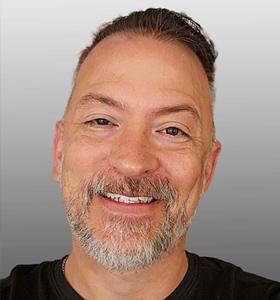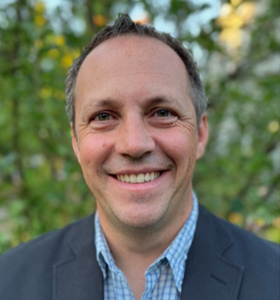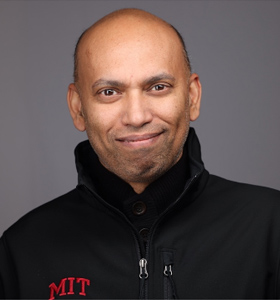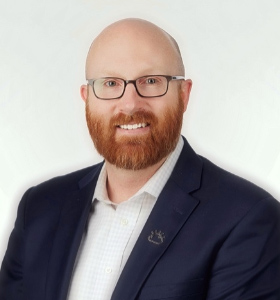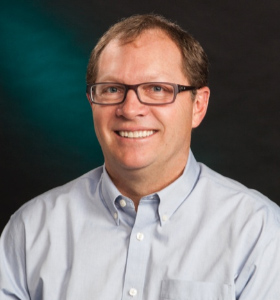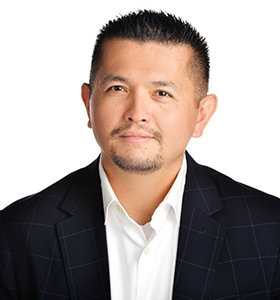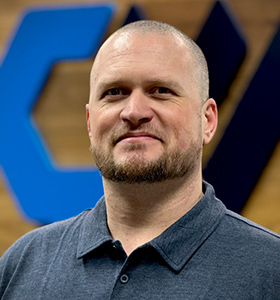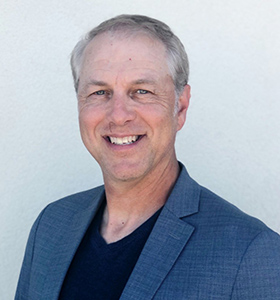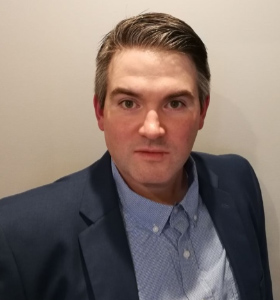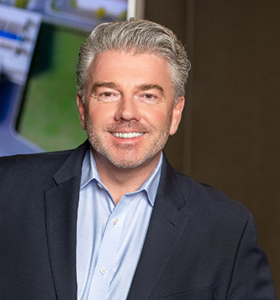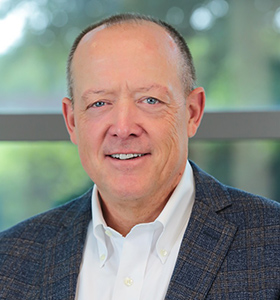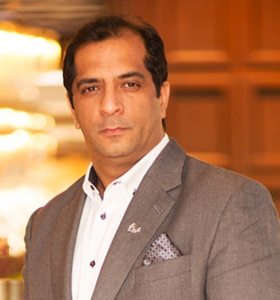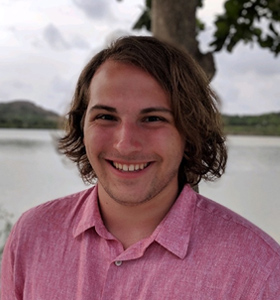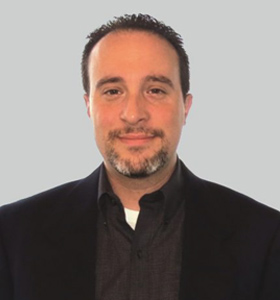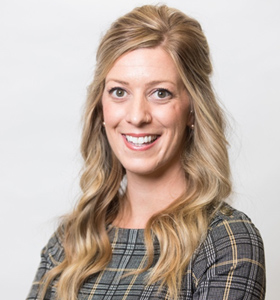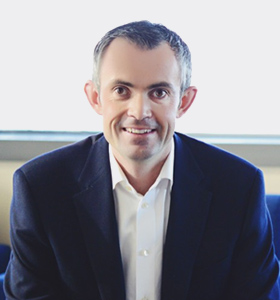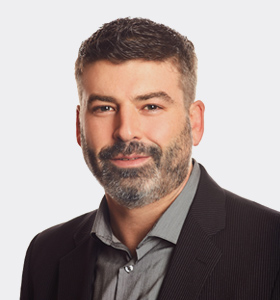In January of 2021, the SubOptic Association—the leading industry trade body for the fiber optic submarine cable industry—launched the SubOptic Foundation, a nonprofit focused on supporting education and research initiatives to prepare fiber optic leaders of tomorrow for critical challenges facing the industry.
Over 99 percent of current intercontinental Internet traffic is supported by submarine telecommunications cables. Despite the necessity of these networks for global communications—and all the job opportunities they raise—many members of the public don’t even know they exist.
In the not-too-distant past, large telecom incumbents had their own training academies where technical school and university graduates would learn specifics about the company’s networks, technologies, and standard operating procedures. These environments brought students into a space of cultural exchange and learning to apply their formal training to the real world.
With deregulation, increased market pressures, and lower margins, academies are a distant memory. Formal training for this industry is now rare, and there are no major university courses on submarine fiber optic cable networks. Still, the importance of subsea cables and connectivity continues to escalate, especially at the regional level in Asia, Africa, and South America (where local content and applications are developing with an insatiable appetite for bandwidth and 5G/6G mobile technology will require better, faster, and more reliable subsea technology).
So, how do we reach and retain the next generation of subsea cable professionals to address these looming challenges? We believe there should be a broad, integrated, industry-wide educational curriculum on subsea cable systems and digital infrastructures.

To establish this foundation, we need to reach further into schools and universities and partner with related industry associations and educational institutions to generate awareness and foster a diverse, equitable, inclusive, and sustainable industry. Regional education is likewise essential in developing an effective workforce.
ABOUT THE AUTHOR
Erick Contag is a seasoned strategist driven by his passion for building and managing sustainable digital infrastructures. With over 25 years of executive management, entrepreneurship, marketing & sales, and business development experience, he specializes in building high-performance teams, fostering growth, and scalability.
Contag has been responsible for managing C-level relationships and telecommunications / high-technology projects for start-up enterprises through large, multi-national, and Global 100 companies in the US and Latin America. He has proven success in starting, building, and operating telecommunications and subsea networks as well as colocation data centers, infrastructure, and high-tech businesses. Contag was thrice awarded the Global Telecoms Business Power 100 Award, an honor bestowed upon the most powerful 100 executives in the telecom industry.
Contag holds a degree in electrical engineering from the University of Tulsa and an Executive Engineering Management certification from Instituto de Estudios Superiores de Administración (IESA). More recently, he attended the Executive Program at Singularity University.
Valey Kamalov is an expert in subsea optical networking and responsible for building the first coherent cable (SJC), the first open cable (Faster), the first SDM cable (Dunant), and the first fiber switching cable (Equiano). He also discovered how operational submarine cables can detect earthquakes and water waves and now runs a company on early earthquake and tsunami detection. Previously he worked for 20+ years at Siemens and Google.
With 23 years of experience in the subsea cable industry, Rawle has worked across emerging and developing markets and with clients operating in Asia, Africa, South America, Australasia, Oceania, Europe, and North America. His skills and expertise span every stage of undersea cable development and operation, from feasibility and traffic studies through to business plans, M&A advisories, pre-sales, installation, backhaul, and maintenance.
Nicole Starosielski, Associate Professor of Media, Culture, and Communication at New York University, is the author or co-editor of over thirty articles and five books on media, infrastructure, and environments, including The Undersea Network (2015), a book about the history and cultures of the subsea cable industry. Starosielski's most recent project, the SupOptic Foundation’s Sustainable Subsea Networks research initiative, focuses on the sustainability of digital infrastructures.










